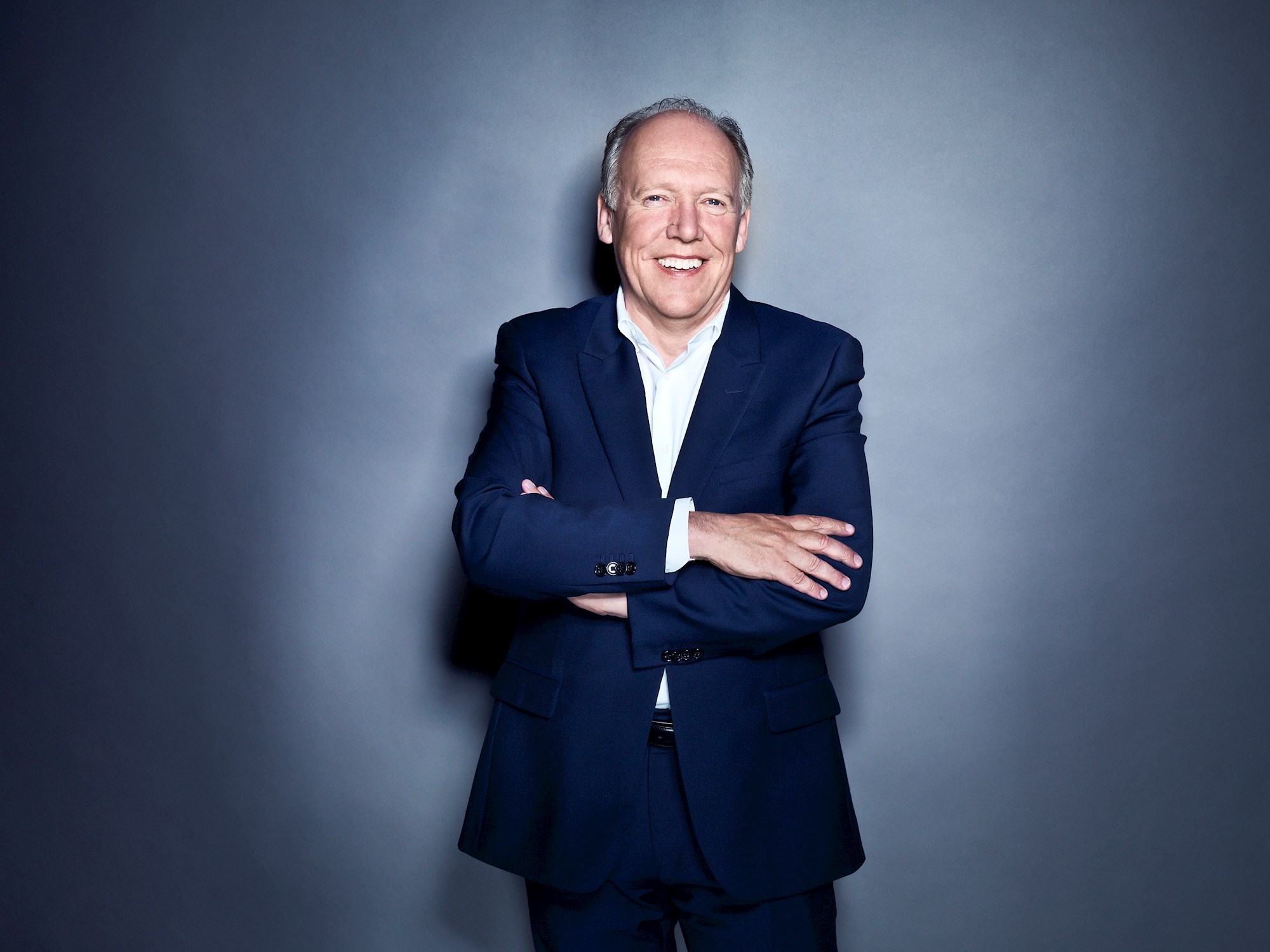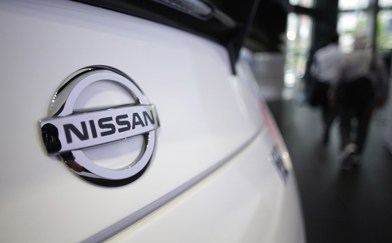Coffee, eggs, walnuts, rice and lentils could be just as likely found in your future car’s interior as your shopping basket, according to a new study by design and engineering consultancy Callum.
Callum is a design and engineering business; amongst its founding members is Ian Callum CBE, designer of many iconic cars including the Aston Martin Vanquish, Vantage and DB9, Jaguar F-Type, F-Pace, XJ and I-Pace.

The Callum team set out to identify "fresh sustainable options" for car interiors for this project. Using a retromod Porsche 911 interior as the base, a team led by Charlotte Jones and Ian Callum identified coffee pulp, eggshells, red lentils, walnuts and rice as viable materials for a car interior in 2030.
Callum consulted with green-tech company Ottan to determine the most appropriate materials capable of replacing plastics, yet still meeting the design, environmental and engineering requirements for a car.
Solutions identified that could meet the temperature and wear specifications included adopting eggshells mixed with resin to create a smooth, opaque material with either a glossy or matt surface. Application examples include the trim surround for the window switches. By adding walnut shells to the eggshells, the recycled content of Ottan’s material increases to 84 per cent from 78 per cent.
Out-of-date rice or lentils can be turned into a smooth translucent material, ideal for illuminated areas of the car such as lamp covers or illuminated switches. As a flame-resistant alternative, coffee pulp could replace traditional plastics for glossy, decorative trim such as dashboard inserts.
Keen to demonstrate that sustainable materials can still offer vivid colours, Callum identified purple carrot pulp that produces a mulberry-like colour for trim parts. Tree leaves can be recycled into a dark, smooth surface offering an alternative natural finish to wood veneers for the centre console or dashboard.
With seats requiring a blend of wear resistance, comfort and colour fastness, Callum opted for used materials that would usually go to landfill. “Around the world, we consume roughly 62 million tonnes of textiles a year and around 87 per cent of the total fibre input used for clothing is either landfilled or incinerated,” says Callum head of materials and sustainability, Charlotte Jones.
“Companies such as Planq take jeans, then shred and press them with potato or corn starch to create a hard veneer that could be used for seat shells or dash centres.”
The seat centre facings in the design study use Camira, a fabric made from marine plastic waste such as polyester, whilst the bolster surfaces are covered in Féline, a soft material produced from PET bottles. Each brings no weight penalty, another factor considered for the restomod upon which the study is based, and crucially can be recycled again if needed.
For the carpet, Jones proposes Econyl, a material that uses nylon carpets or fishing nets to create a new hard-wearing fabric.
While the sustainable interior is a concept, Callum says it selected materials that have the potential to meet automotive requirements and be production feasible by 2030 – the next step is to trial the materials in upcoming projects. The company has already engineered a hemp/flax composite option that buyers can now select on its latest project, the Barq EV scooter.










